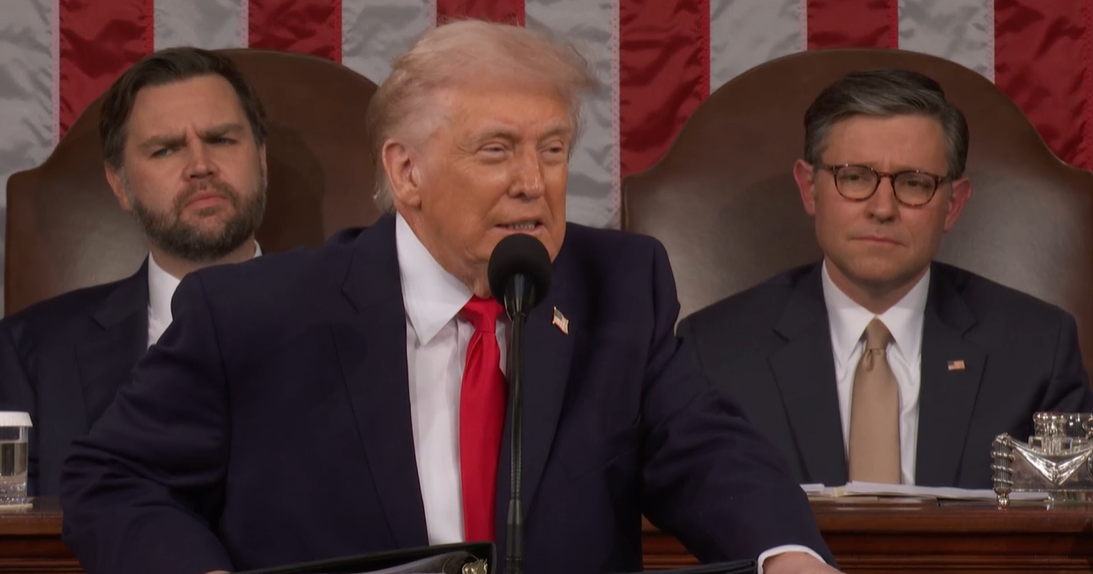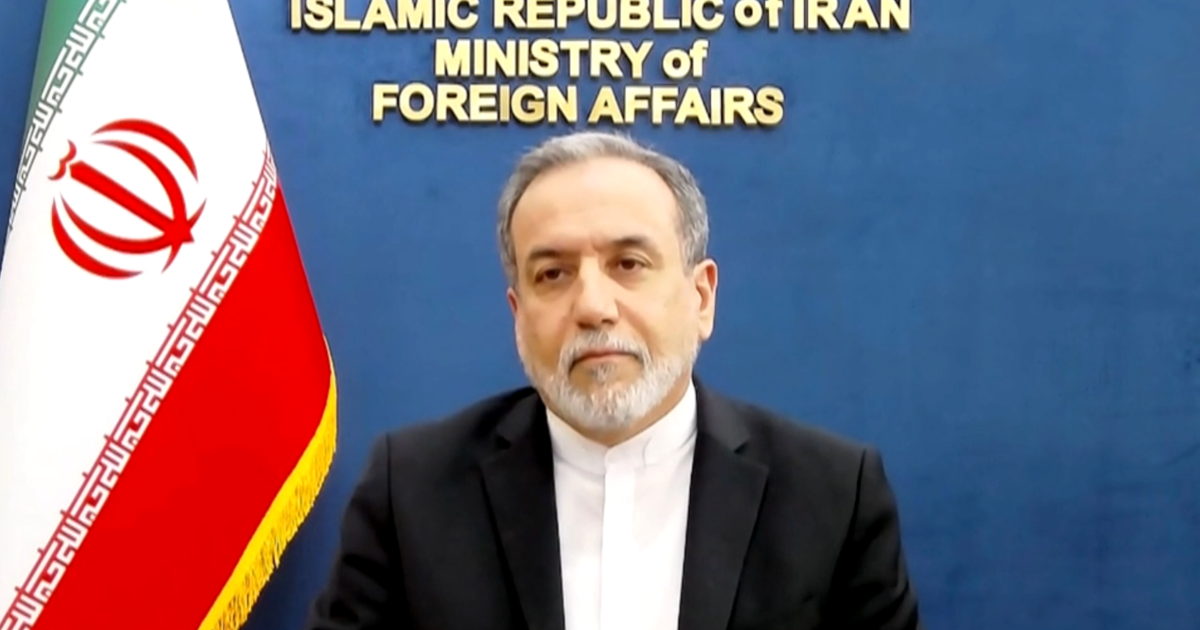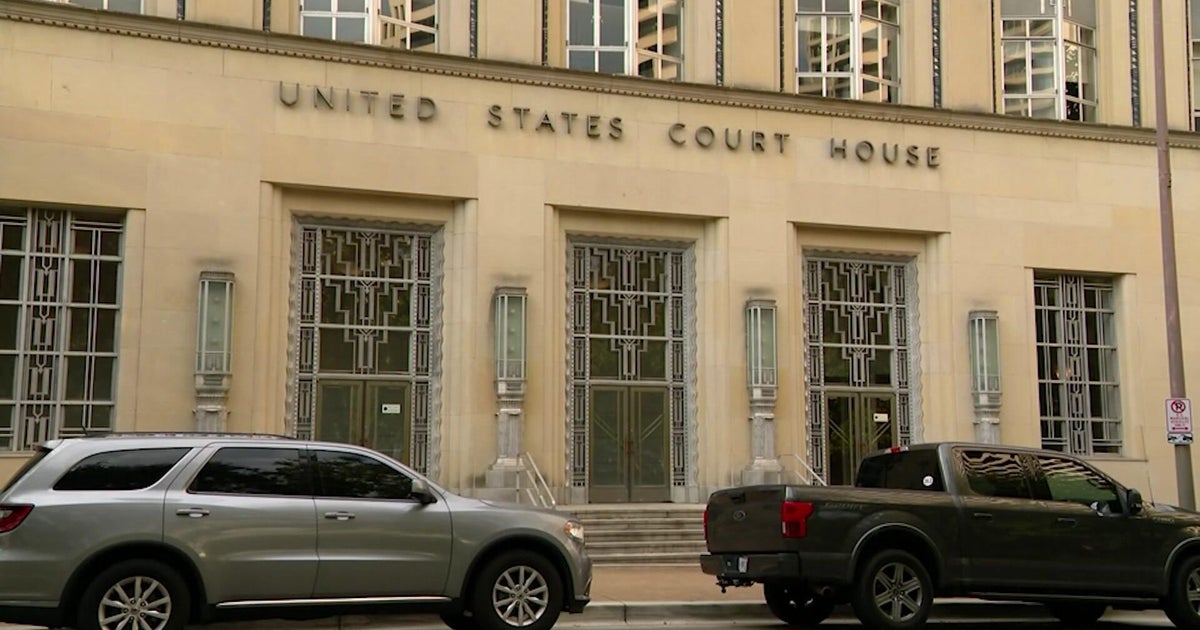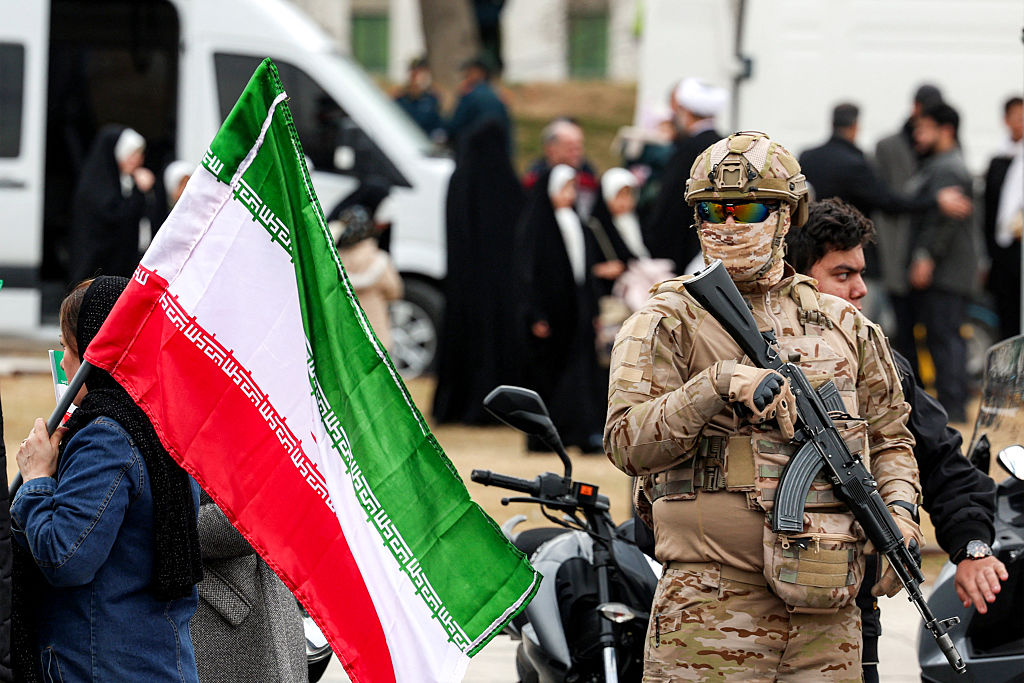Deadly protests spread like wildfire across Iran
A semi-official Iranian news agency reported Tuesday that at least 450 people have been arrested in just the last three days, as violent protests against the country's leadership spread across the Islamic Republic. CBS News correspondent Elizabeth Palmer says it all began Thursday, with a single demonstration in the eastern Iranian city of Mashhad, over economic hardship, and a dramatic jump in food prices in particular.
Such is the discontent and pent up anger in Iran, reports Palmer, that in just five days the uprisings have spread to at least 50 cities. In the capital city of Tehran crowds vandalized one of the main shopping avenues, and in city after city crowds have come out to protest, jeer, and in some cases throw stones at the police.
Police have chased demonstrators away with water cannon in some areas. There have been isolated reports of shootings -- by both security forces and demonstrators -- but they are impossible to verify. As of Tuesday, at least 20 deaths have been reported by Iran's state TV network. The report said those killed were either rioters or civilians or law enforcement personnel killed by civilian weapons.
Iranians, especially the young and the working poor, are angry about everything from corruption and unemployment to the lack of freedom under Iran's religious rule. Protesters have even been vandalizing pictures of Supreme Leader Ayatollah Khamenei; the ultimate act of defiance in Iran.
Khamenei, falling back on an amorphous culprit he often blames for Iran's internal strife, blamed the violence on foreign "enemies" meddling in Iranian affairs, saying the unidentified entities had "used the various means they possess, including money, weapons, politics &intelligence services, to trouble the Islamic Republic."
President Hassan Rouhani, who is a moderate, went on TV Monday and was surprisingly mild in his response. He said people had a right to protest -- as long as there was no violence. Rouhani, contrary to Khamenei, even suggested that the protesters had some legitimate grievances with their government, and he used the unrest to push his reformist agenda.
"What happened within the past few days, on the surface it looked like a threat, but we need to turn it into an opportunity," Rouhani told members of Iran's parliament in the televised remarks. "We can't say whoever who has taken to the street has orders from other countries. There might a handful like that, but some have taken to the street based on their emotions and due to their problems. Their problems are not only economic ones; it's not like people have come to the streets to say that 'we want money, bread, water.' They have other demands as well. They are claiming for other things as well. One (demand) is allowing a freer environment. People's demand is not only money, not only the economy."
Other voices, however, from the hardline faction loyal to Supreme Leader Ayatollah Khamenei, have been calling for a crackdown to end the protests.
The authorities are desperate to get the street demonstrations under control, but a brutal response -- like the one in 2009 when security forces shot people in the streets during similar but less-widespread unrest -- could add fuel to the fire, and turn the tension in the streets into a bloodbath.
Right now, at least in the capital, things seemed quiet but tense. There are thousands of police -- both uniformed and under cover -- on the streets, waiting for the first sign of trouble.
Palmer says the demonstrations seem to get going in the evening, and there are calls circulating on Iranian social media for another big protest at 5 p.m. (9 a.m. Eastern) in Tehran.



